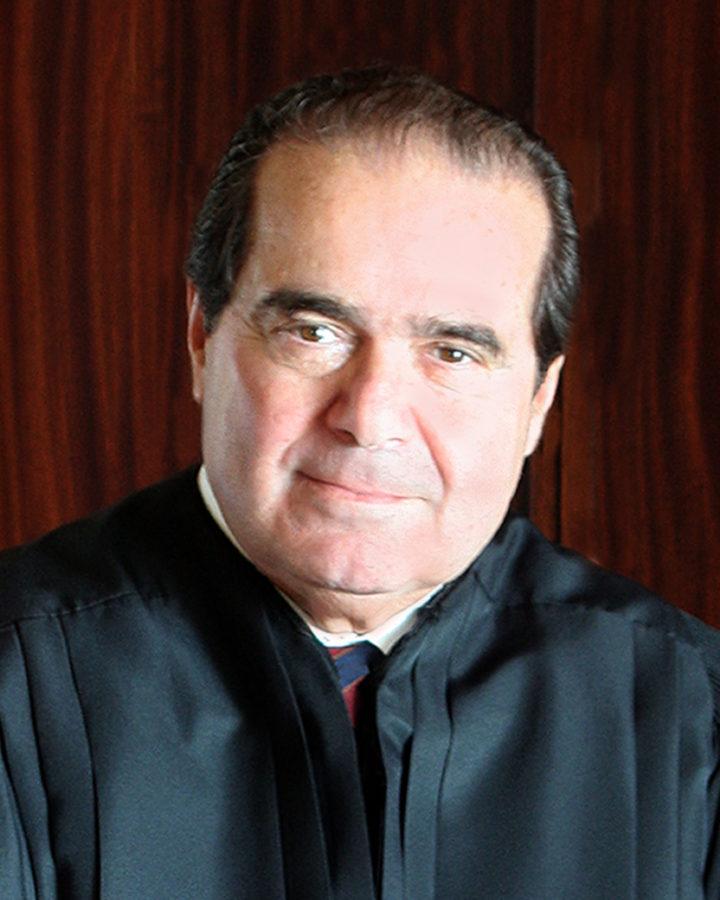Editorial: Supreme Court vacancy policy needs clear rules
Antonin Scalia, Associate Justice of the Supreme Court of the United States, in 2005.
February 24, 2016
The Republican members of the committee charged with evaluating judicial appointments sent a letter to Majority Leader Mitch McConnell on Tuesday saying they would not hold meetings regarding a new Supreme Court nominee until the next president of the United States is elected.
This decision is in the wave of a Republican versus Democratic debate about how and when the vacant seat on the Supreme Court bench will be filled after the death of Justice Antonin Scalia, who died unexpectedly Feb. 13.
These 11 Republican members of Senate Judiciary Committee also stated they would delay any action in a new Supreme Court justice nominee until a new president is sworn in, saying their actions were based on “constitutional principle and born of a necessity to protect the will of the American people,” according to the statement.
Members have been bringing up current Vice President Joe Biden’s 1992 comment, when he was chairman for the Senate Judiciary Committee, saying the committee should “seriously consider” not holding any hearings on a nominee when the vacancy occurs during an election year.
The other side of the current argument is pushing for President Obama to fill the vacancy as soon as possible. Debate over policy includes a responsibility to fill the vacancy as quickly as possible pitted against the idea to wait for the next president to be able to pick the nominee, as he or she will be the one who must deal with the decision for the next term.
Whatever side is in the right with the argument, the fact it’s taking so long to decide is part of the problem. Clearly, there needs to be a look at the current policy and a governing body that follows it, as this situation could easily happen within the next few presidencies. Half of those currently seated have served more than 20 years on the Supreme Court, some from the Ronald Reagan era, and some over the age of 80.
Sen. Orrin G. Hatch, R-Utah, told the Washington Post waiting to make the decision is important because, “it should not be brought up in this messy time, and it ought to be brought up for the next president, whoever that may be…. I think once we take this position, we ought to stand by it.”
Obama has about 330 days until Jan. 20, 2017, when a new president will be inaugurated into office. That’s more than 90 percent of his final year as president and about 22 percent of his final term. He still has the authority to nominate a justice.
The public doesn’t care about the politics of the situation. The public cares about the Senate doing its job. And part of its job is filling the Supreme Court vacancy, quickly.







